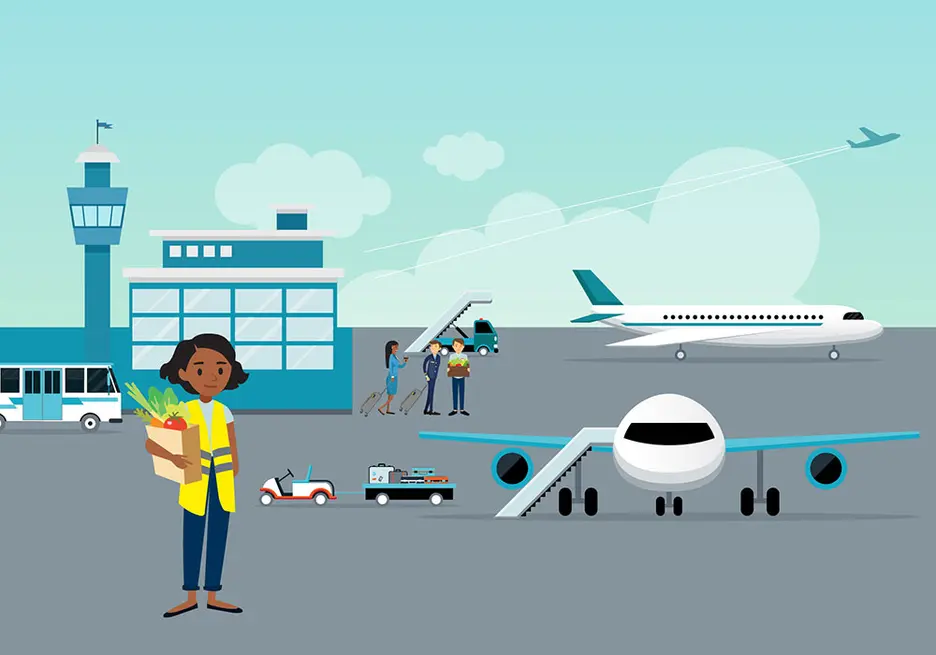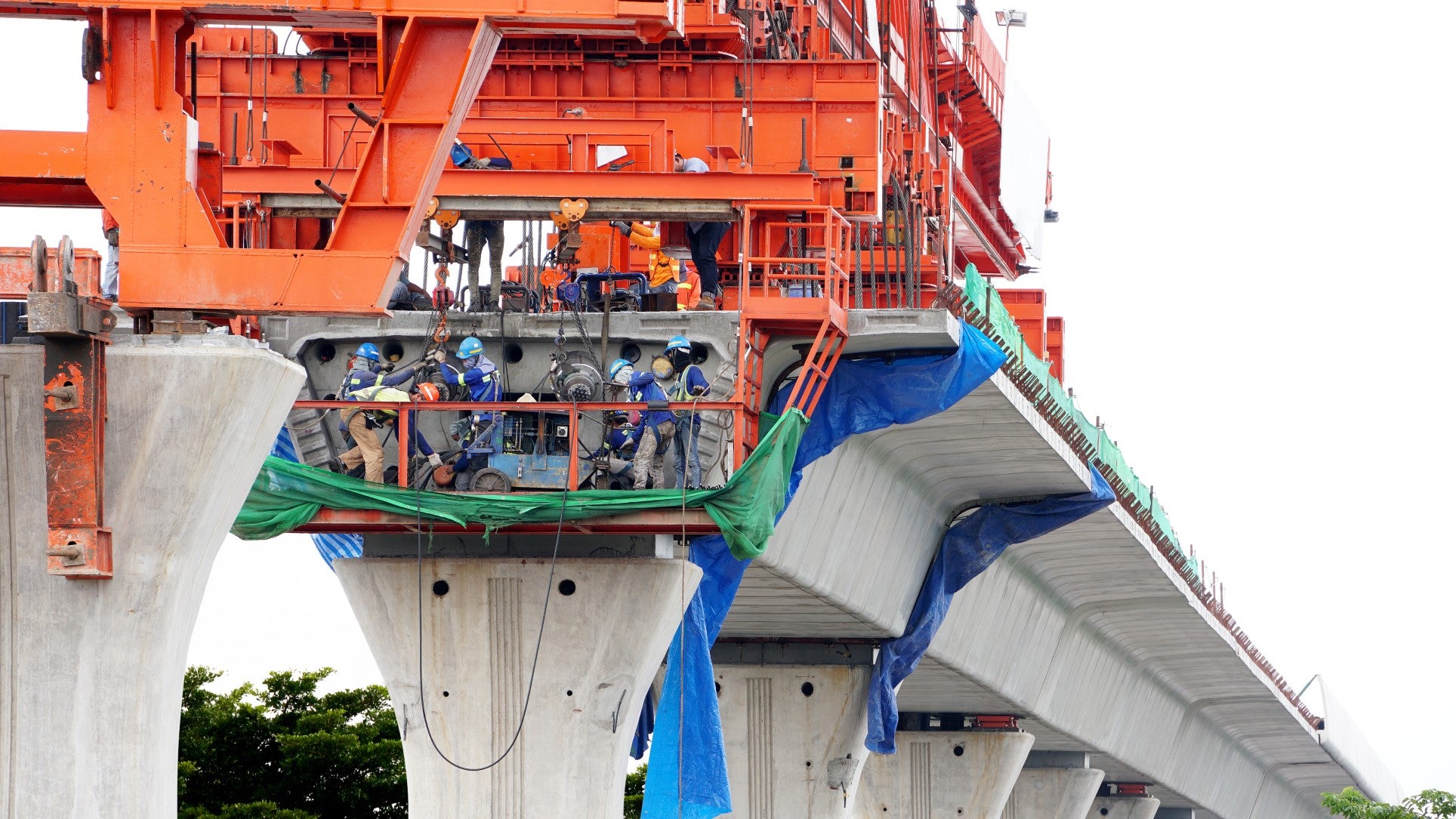Shared value takes off

The airport industry is key to the growth of air travel in Latin America. This industry generates 5.2 million jobs that add $167,000 million to the region’s gross domestic product annually. Projections indicate that during the next 20 years this industry will create 99 million jobs around the world. For example in Quito the Mariscal Sucre International Airport was built in 2013 as a private undertaking that, with the IDB Group support, would play a strategic role for this industry in the region.
However, modern airports are much more than air transport terminals. They have become “development hubs where other air transport-related or complementary activities converge”, as we have already discussed.
A ticket to local food
It is increasingly evident that more airport operators and investors realize that environmental and social sustainability has become an investment opportunity that makes financial sense, generating significant benefits for sustainable development. Quiport S.A. — the private operator of the Quito airport — has not been an exception to the rule, and they approached us with a challenge in mind: how to share the value of this development with the local community?
The first step was to support the company in conducting a shared value assessment, which allowed us to determine the current and potential resources available. Based on this analysis, Quiport decided to focus on three initiatives to improve both the company and community sustainability by establishing a community-based recycling organization, creating an aviation training center, and supporting the program development of Nuestra Huerta, helping local food producers to be involved in the airport activities.
Over the last two years, IDB Invest has supported Nuestra Huerta with business, marketing, and execution trainings, including orientation regarding legal permits for food vending. Thus, the cooperative went from selling fruits and vegetables on a weekly basis to only 100 direct employees of Quiport, to selling more than 36 products to the 7,500 airport workers.
Growth has been such that an online platform was created to place orders. Today, this program has benefited not only farmers, but also airport workers who can purchase fruits and vegetables in their workplace. Furthermore, Nuestra Huerta expects to open a store in the airport to sell their product to tourists.
Shared value, multiplying effect on profits
The Quiport project clearly shows that, in addition to any efforts and work aimed at including the community for the sake of sustainability, one of the most significant outcomes from this project are seen in the company´s positive bottom line. Even though it was not an initial project goal, the upcoming opening of a Nuestra Huerta store will generate a modest return for the airport.
Currently, the company is developing recycling initiatives and an aviation training center. The recycling effort will allow the company to save in waste disposal costs, and generate some marginal income from the sale of recyclable materials. As for the training center, customer service will improve at the airport.
IDB Invest is committed to working with the private sector to foster sustainable development in Latin America and the Caribbean. We seek investment opportunities that will bring about benefits to communities and companies, as we have done with the shared value assessment for the Quito project. It is not always easy to identify these opportunities, and it is even more challenging to move them forward, but Quiport is a good example that every effort has its reward. So, how do you share the value of your company?
LIKE WHAT YOU JUST READ?
Subscribe to our mailing list to stay informed on the latest IDB Invest news, blog posts, upcoming events, and to learn more about specific areas of interest.
Subscribe




